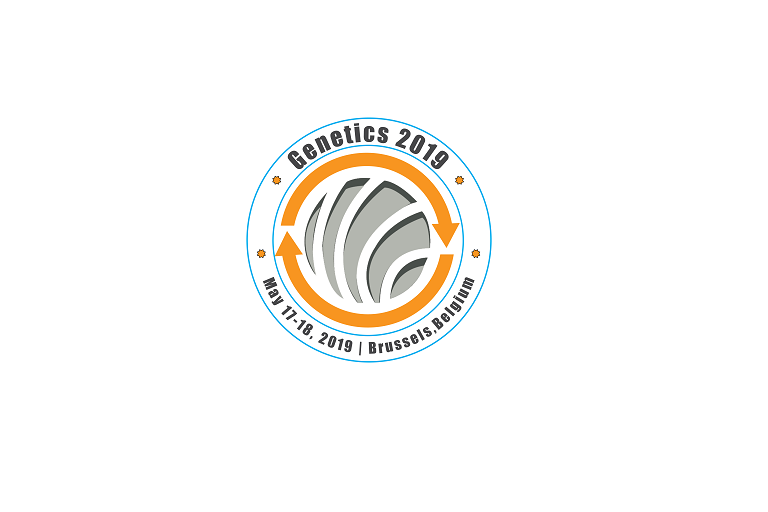Lelia Straw uses her home computer to help manage her type 2 diabetes. To track her blood work and stay in touch with her doctors, she logs on to HealthConnect, an online system operated by Kaiser Permanente, the Oakland (Calif.)-based health plan that covers 9.1 million Americans. “When you have the tools, you have sort of an internal motivation to use them and to pay attention to what’s going on,” Straw says. For years, the 63-year-old carried a paper record of her medical history, but she has come to realize that all her doctors now have access to even her most recent test results.
New findings confirm that electronic health records deliver benefits for patients and physicians. A September study by one of Kaiser Permanente’s research arms shows that when doctors switched from paper to digital records, their diabetic patients made 5.5 percent fewer trips to the emergency room and were hospitalized 5.3 percent fewer times. These modest gains added up to savings of $158,478 for every 1,000 patients. “There’s something about being in an integrated system that allows everything to work better,” says Marc Jaffe, a Kaiser Permanente endocrinologist who is a co-author of the study.
The Obama administration has been spurring the development of a digitally connected health-care system since 2009, when the Health Information Technology for Economic and Clinical Health Act was wrapped into the stimulus program. As of September, more than $16.5 billion in subsidies had been disbursed to help hospitals and doctors who treat Medicare and Medicaid patients defray the cost of purchasing certified technology. Medicare providers who don’t go digital will have payments reduced starting in 2015.
























